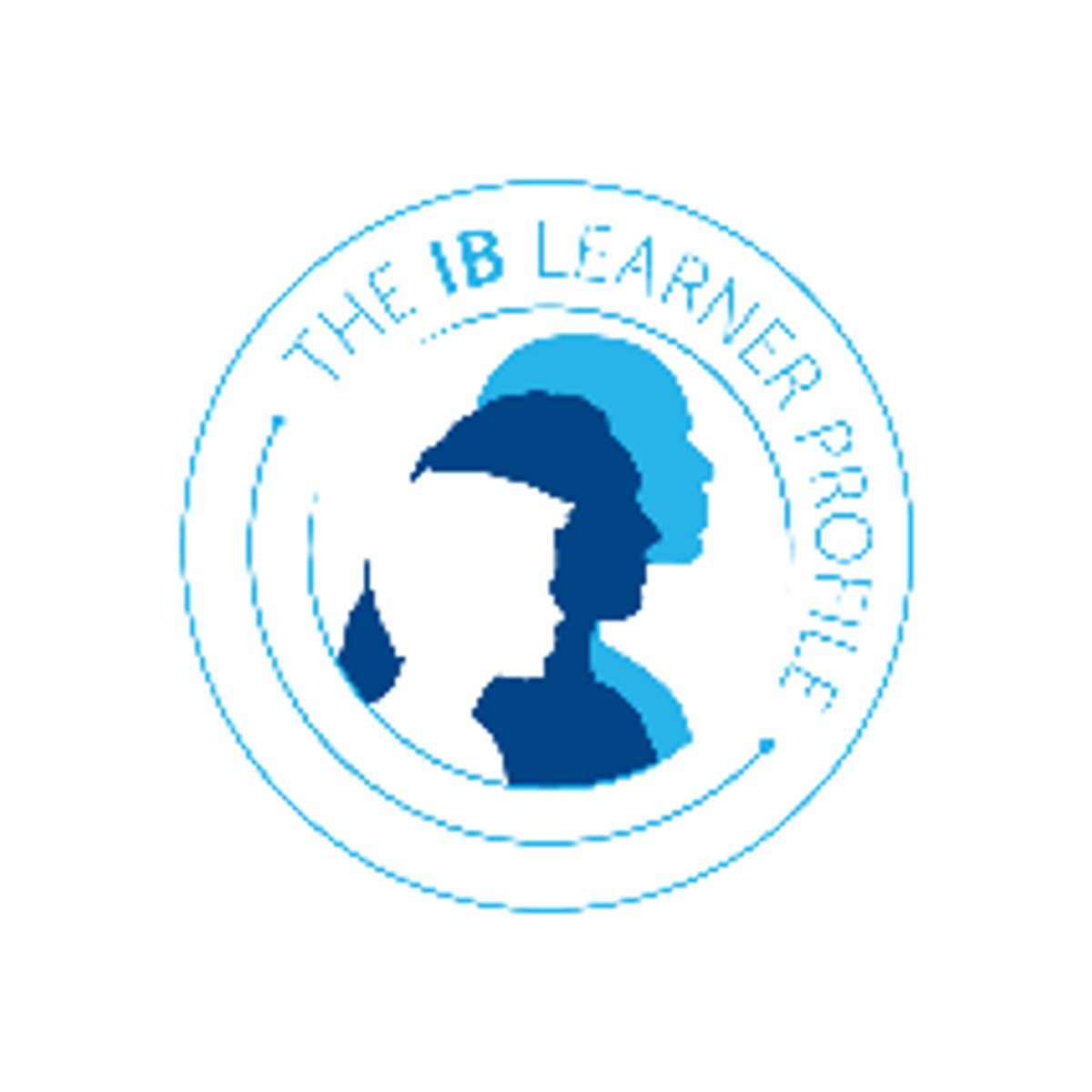Junior Years
Mrs Maria Denholm

Junior Years
Mrs Maria Denholm
Recently, teachers in the Junior Years have been thinking about the reasons they may reward students. In the past, rewards and certificates have been a big part of the Junior Years but since learning more about the International Baccalaureate and the Primary Years Programme, our thoughts have changed.
When you offer a child a reward in exchange for a certain behaviour, there’s the potential for the child to think, ‘The reason I will do this, is because I’ll receive a reward.’ What will happen when you stop offering the reward? The child will most likely stop the behaviour and think, ‘There’s no point in me doing this, if I am not getting a reward.’ This is the difference between intrinsic motivation and extrinsic motivation. When a child does something, expecting a reward, motivation is extrinsic or external and research has shown that over time, they may lose motivation as they lose control over what is happening.
According to the psychologist Carl Rogers, most people (including adults) want to do great work and have an inherent motivation to engage, succeed and perform. They want purpose, mastery (the urge to get better) and they want autonomy. Motivators are intrinsic factors, whilst rewards are seen as extrinsic motivators. Extrinsic factors reduce dissatisfaction, but adding more will not increase satisfaction and motivation.
You have probably all observed your child deeply engaged in an activity which they are passionate about, it’s not a chore, they are intrinsically motivated to get better at the skill, work through ‘hard things’ and achieve mastery. They may feel a sense of control and purpose which drives them to do it. As parents and as staff, it is still important to recognize and celebrate individual growth, success and team achievements, but the result does not have to be a reward.
So what does this mean for how teachers at Good News approach rewards and motivation? The Learner Profile is a list of attributes that the International Baccalaureate strives to model, encourage and embed in learners. It was part of the reason why the college was keen to partner with the IB in the first place. The IB student who embodies these attributes, exemplifies a well-rounded young person capable of making a positive contribution to society. As a Christian school, in the Lutheran tradition we highly value these attributes. Not only do they reflect our commitment to service but we also believe that they reflect the values of the many cultures who have chosen Good News as the school to educate their children.
Ultimately, as PYP teachers, we want learners to be intrinsically motivated as we know that this is the best kind of achievement of potential. By using the attributes of the Learner Profile as descriptors when teachers celebrate students, they are also encouraging the language and beliefs of the PYP to become further embedded in our culture.
We don’t just want teachers to give Learner Profile awards to students. We want them to highlight the action which resulted in the award and celebrate that, not just the person. This may take place officially at an assembly, as part of a class or year level meeting time or a quiet word between a teacher and a student. Ideally they are distributed throughout the community spontaneously and are given by students to teachers, to students by students, to students by parents, to parents by students, to parents by teachers, to teachers by parents etc. In this way they are a wonderful tool to show our young people that those actions which come naturally, are important and make a difference to others.
Below is a description of the 10 attributes of the International Baccalaureate Learner Profile.


IB Learner Profile


The aim of all IB programmes is to develop internationally minded people who, recognizing their common humanity and shared guardianship of the planet, help to create a better and more peaceful world.
As IB learners we strive to be:
INQUIRERS
We nurture our curiosity, developing skills for inquiry and research. We know how to learn independently and with others. We learn with enthusiasm and sustain our love of learning throughout life.
KNOWLEDGEABLE
We develop and use conceptual understanding, exploring knowledge across a range of disciplines. We engage with issues and ideas that have local and global significance.
THINKERS
We use critical and creative thinking skills to analyze and take responsible action on complex problems. We exercise initiative in making reasoned, ethical decisions.
COMMUNICATORS
We express ourselves confidently and creatively in more than one language and in many ways. We collaborate effectively, listening carefully to the perspectives of other individuals and groups.
PRINCIPLED
We act with integrity and honesty, with a strong sense of fairness and justice, and with respect for the dignity and the rights of people everywhere. We take responsibility for our actions and their consequences.
OPEN-MINDED
We critically appreciate our own cultures and personal histories, as well as the values and traditions of others. We seek and evaluate a range of points of view, and we are willing to grow from the experience.
CARING
We show empathy, compassion and respect. We have a commitment to service, and we act to make a positive difference in the lives of others and in the world around us.
RISK-TAKERS
We approach uncertainty with forethought and determination; we work independently and cooperatively to explore new ideas and innovative strategies. We are resourceful and resilient in the face of challenges and change.
BALANCED
We understand the importance of balancing different aspects of our lives – intellectual, physical, and emotional – to achieve well-being for ourselves and others. We recognize our interdependence with other people and with the world in which we live.
REFLECTIVE
We thoughtfully consider the world and our own ideas and experience. We work to understand our strengths and weaknesses in order to support our learning and personal development.